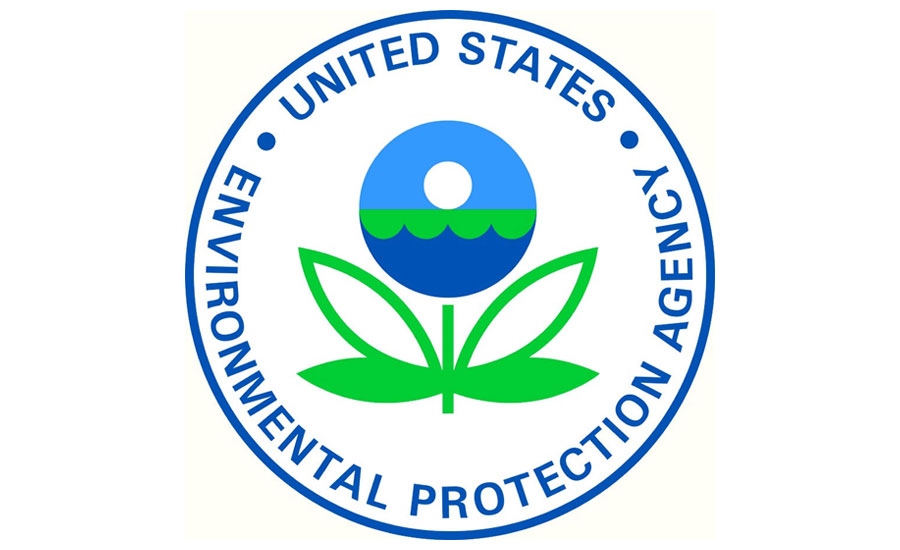The U.S. Environmental Protection Agency (EPA) is again cautioning homeowners, manufacturers of propane-based refrigerants, home improvement contractors, and air conditioning technicians of the safety hazards related to the use of propane in existing motor vehicle and home air conditioning systems.
According to the EPA, using a propane-based refrigerant in an air conditioner that is not designed to use propane or flammable refrigerants poses a threat to homeowners as well as service technicians, because systems that are recharged with an unapproved alternative called “22a” can catch fire or explode, resulting in injury and property damage. EPA continues to investigate instances where propane-based refrigerants have been illegally marketed and used as substitutes for HCFC-22 (R-22) and will continue to take enforcement actions where appropriate.
“Using an unapproved, flammable refrigerant in a system that wasn’t designed to address flammability can lead to serious consequences, including explosion or injury in the worst cases,” said Janet McCabe, acting assistant administrator for EPA’s Office of Air and Radiation. “As the summer cooling season gets started, we want to make sure consumers and equipment owners know what is going into their system is safe.”
A number of refrigerants with “22a” or “R-22a” in the name contain highly flammable hydrocarbons, such as propane, and are being marketed to consumers and contractors seeking to recharge existing home and motor vehicle air conditioning systems that were not designed to use propane or other flammable refrigerants. As a result, EPA recently proposed that 22a and other highly flammable refrigerants are unacceptable for use in existing central air conditioning systems because they pose significantly more risk to public health or the environment than acceptable substitutes.
The EPA encouraged technicians and contractors to consult the agency’s website for more information, and recommended that homeowners confirm their air conditioning service providers follow manufacturers’ recommendations. Homeowners also should be aware that recharging their cooling systems with the wrong refrigerant can void manufacturers’ warranties.
For more information about R-22a and alternatives for air conditioning: https://www.epa.gov/snap/questions-and-answers-about-r-22a-safety.


Report Abusive Comment